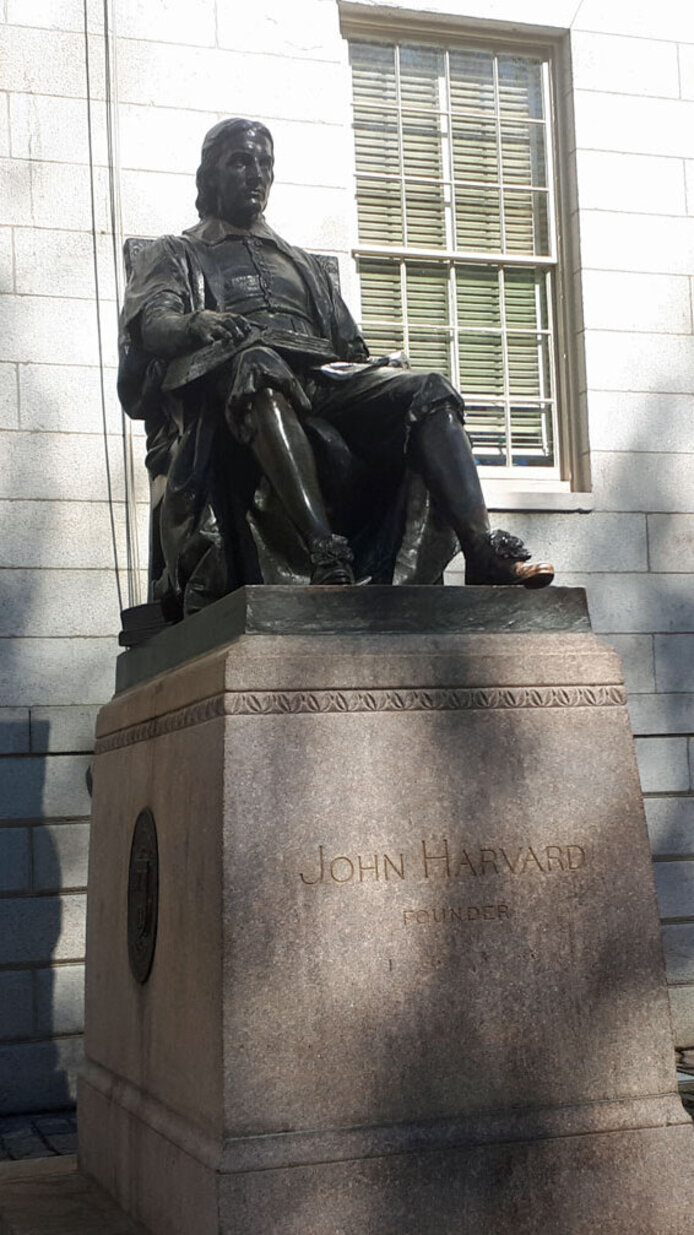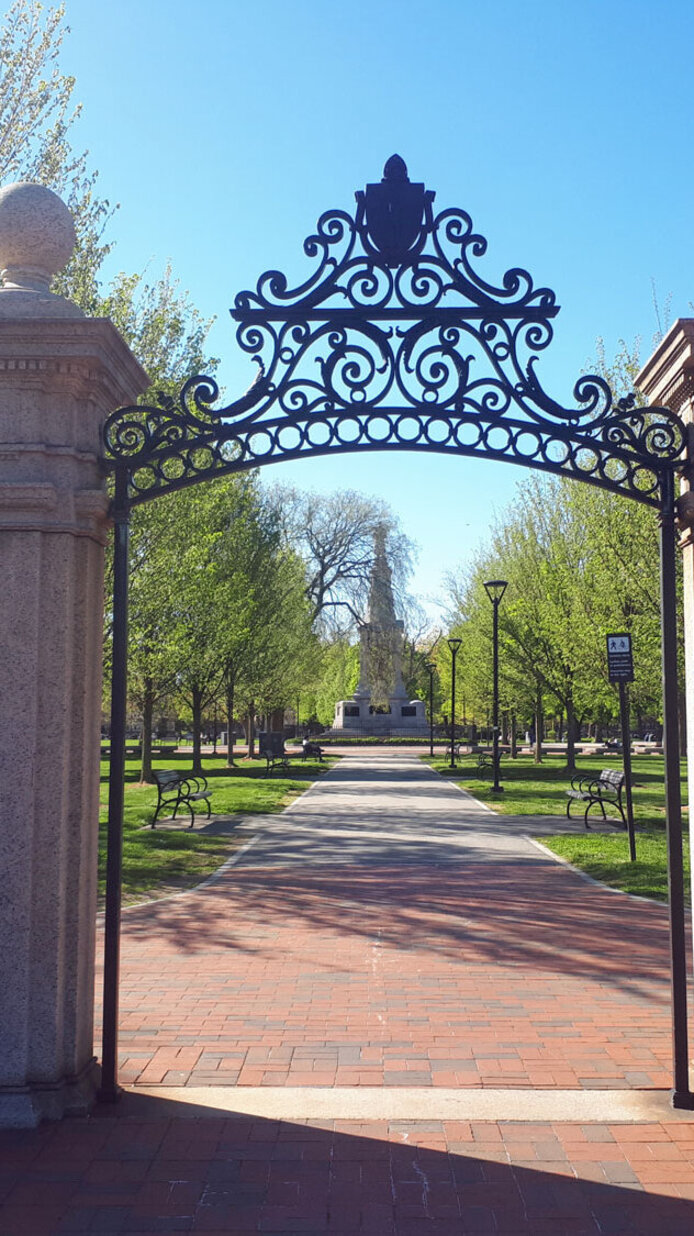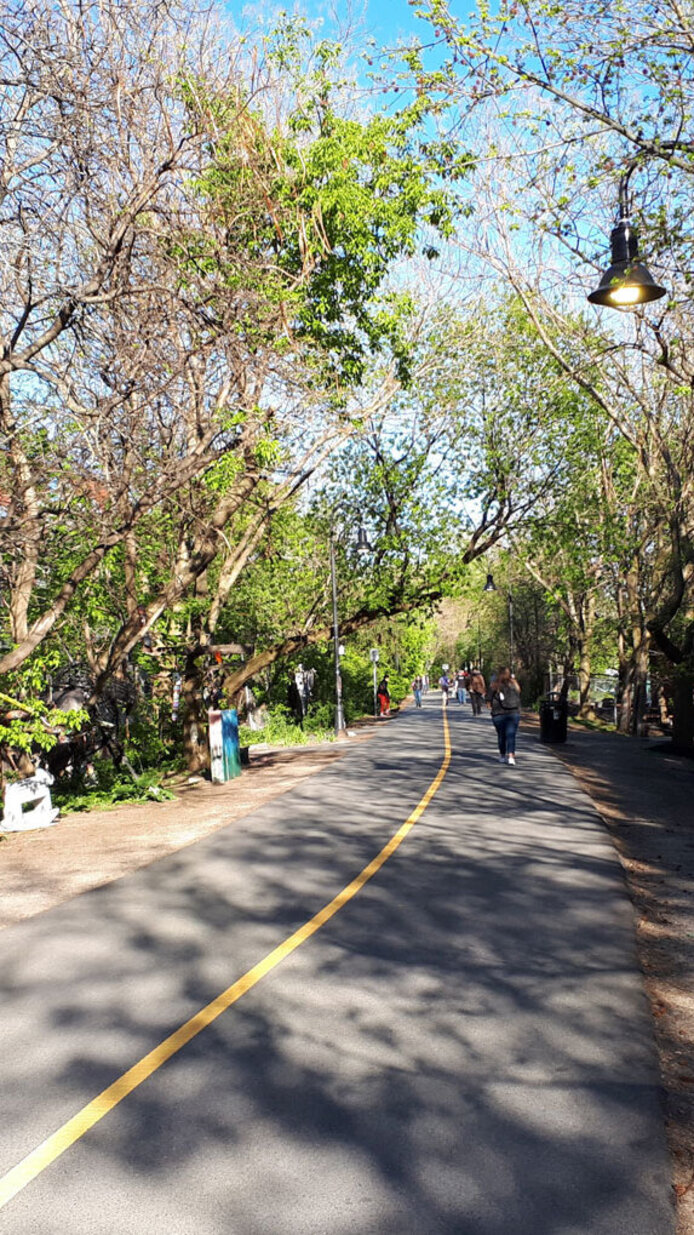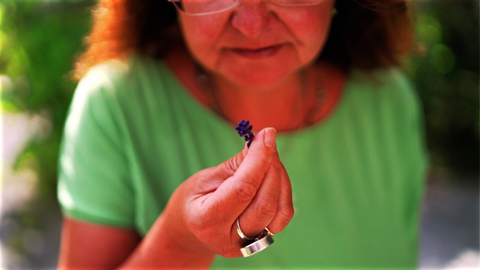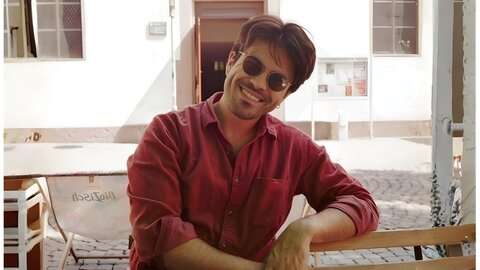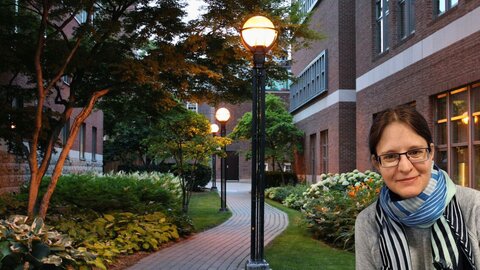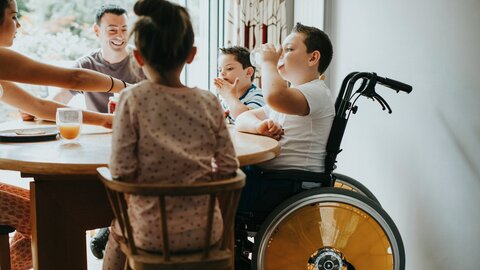In search of the origin of life in Boston
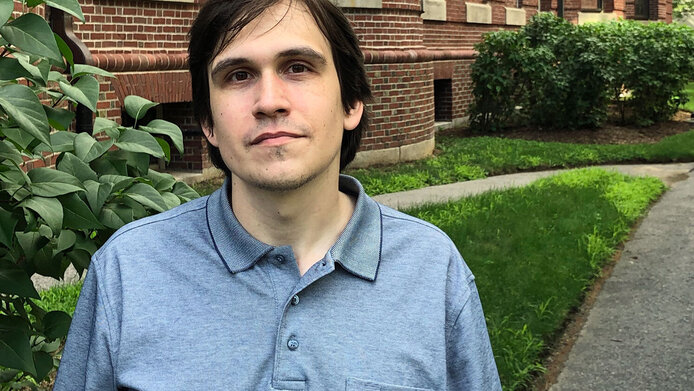
By Philipp Honegger
I first thought of the ideas for my Schrödinger project when I worked on my chemistry master's thesis in a laboratory at the University of Vienna: how much of our work flow can be automated by using suitable programmes and machinery? Initially vague ideas morphed into a more solid question during my doctoral thesis in collaboration with the Faculty of Computer Science: what if I were to combine concepts from synthetic chemistry, graph algorithms and artificial intelligence? This is how, in the midst of the escalating coronavirus crisis, I developed my research project which was approved by anonymous international reviewers.
The United States in times of Corona
In April 2021, I was finally set to go: all visa formalities were settled and an exemption enabled me to enter the USA in the midst of the Covid19 pandemic. I was overwhelmed by the incredible kindness of the locals everywhere, at the airport, in the shops, at the university and with the authorities; newcomers are accorded especially courteous treatment, and Boston quickly became my second home.
Unfortunately, there were limited opportunities to get to know the country at first. In the State of Massachusetts, public safety is taken particularly seriously. Research work that does not require lab work is done from home, mask mandates are complied with and vaccination opportunities are in great demand.
Anything that, in happening, causes itself to happen again, happens again.
This quote from Douglas Adams’ The Hitchhiker's Guide to the Galaxy can apply to my research which deals with the phenomenon of autocatalysis. This phenomenon involves molecules that are able to make copies of themselves from suitable starting materials. Such non-living objects that can replicate themselves are particularly interesting when probing the origin of life. Based on the current research literature, I initially assumed that this type of self-replication is extremely rare in chemistry and can only be found by using special algorithms. Each new research result strengthens the impression, however, that the ability to self-replicate is in fact a decidedly general phenomenon in chemistry.
In the course of our research in Boston, we were able to win over more and more professors from other research groups and universities for our project. Collaboration is very important here, whether in spontaneous personal conversations or in the context of a scientific conference. The hierarchies are surprisingly flat, and even renowned scientists talk to young researchers as if they were peers. The only thing that counts is the quality of the research ideas, whether you generate them as a specialist in your own field of research or as an outsider, as is the case for me in the field of machine learning.
Close cooperation between science and business
Another special feature of US universities is their close cooperation with the business community. Our research project on self-replicating molecules is no exception, as it offers the possibility of saving on expensive additives and of quite generally producing chemicals in a more sustainable manner. Accordingly, many researchers are planning to found their own start-ups while continuing research at the universities, which is generally accepted and even supported by the universities themselves.
I am grateful to the Austrian Science Fund for the opportunity to carry out this research at an institution that stands as an international science lighthouse. I already know that I will miss this country when I return to the University of Vienna next year to complete the project.
